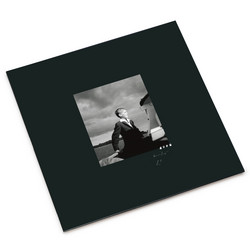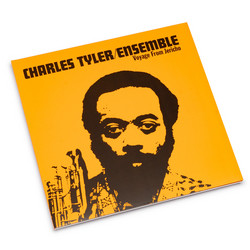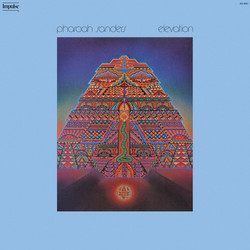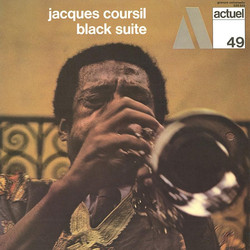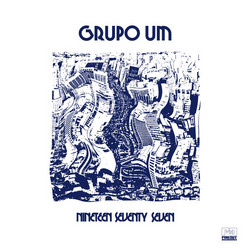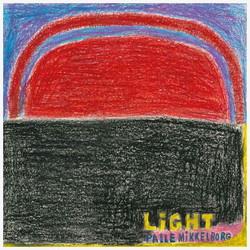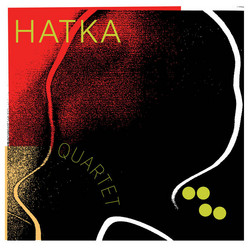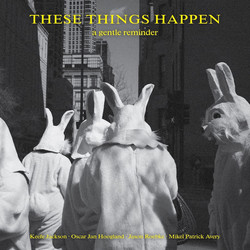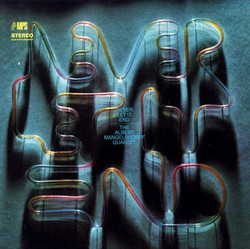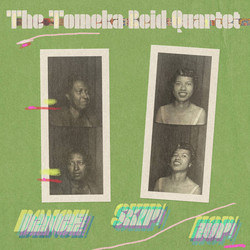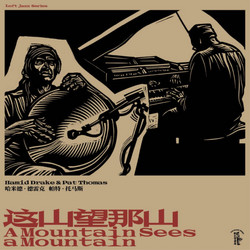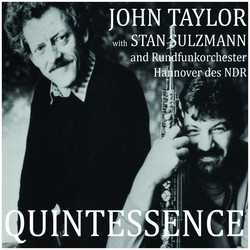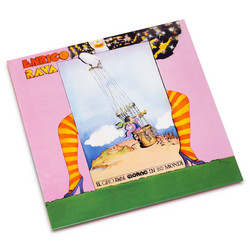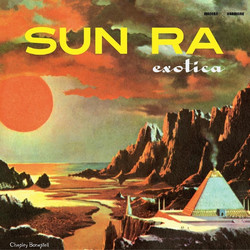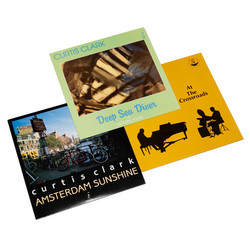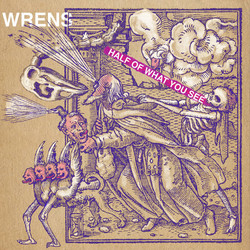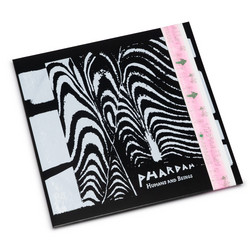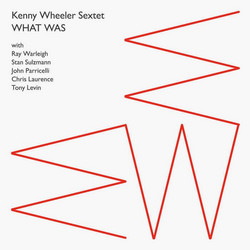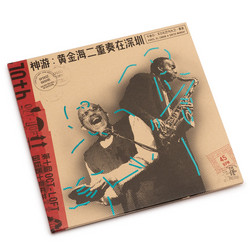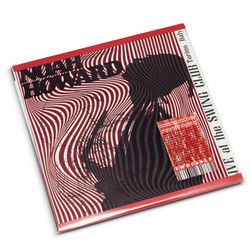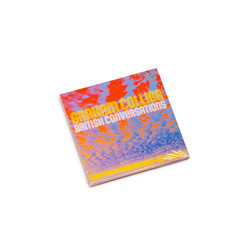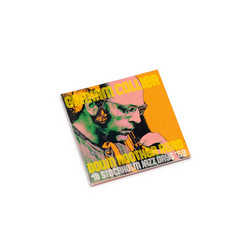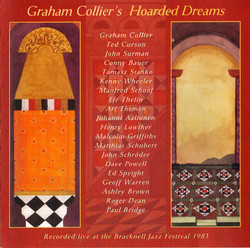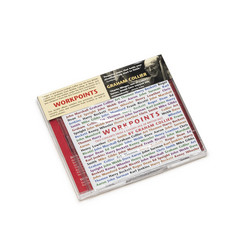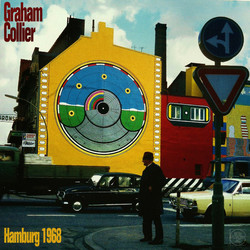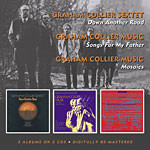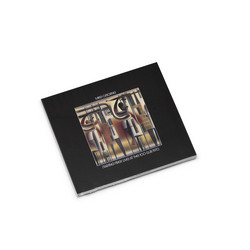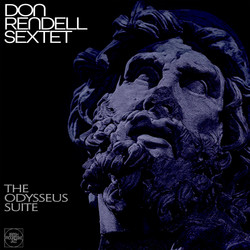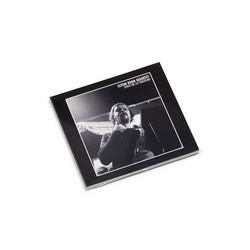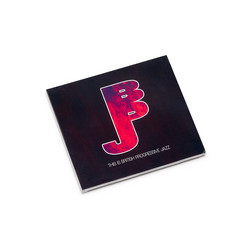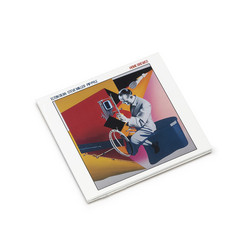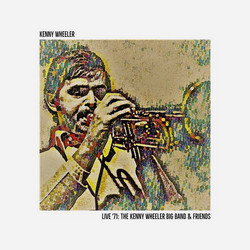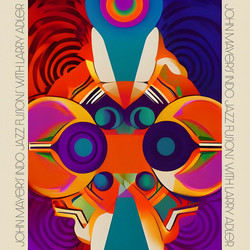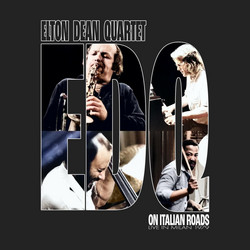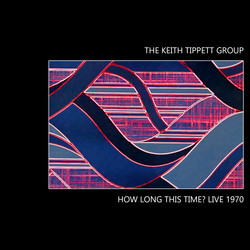‘Surprisingly enough, program music is not all that common in jazz. For example, unlike their classical counterparts, not many jazz composers have set out to evoke particular places. Duke Ellington’s 'Tone Parallel To Harlem' is one of the great exceptions. Britain has been even more neglected, unless you count Billy Strayhorn’s 'Chelsea Bridge', and that was about Whistler's painting rather than the actual bridge itself.
But the British jazz composer Graham Collier is one who is doing something about this. In 1969 he presented his ‘London Cries’ at the Camden Festival. Last year he was commissioned to produce a work for the Bradford Festival - the work you’re going to hear now - called 'Smoke-Blackened Walls & Curlews', a title which illustrates the contrast Collier was aiming for between the open Yorkshire countryside and the crowded industrial cities of The West Riding. The composition is not only tighter in style than most of Collier's present day work, but it draws upon words as well as music. The same was true of ‘London Cries’ but there Collier made use of traditional street cries. Here he selects prose and verse extracts designed to give a portrait of Bradford and the country around it.
First comes an excerpt from J.B. Priestley's novel 'The Good Companions'. Then a poem by Edward Carpenter, famous in Victorian times for his advocacy of a return to natural simplicity and for his attacks on industrial squalor. The poem is called ‘In a Manufacturing Town’ and comes from Carpenter’s book 'Towards Democracy'. Then there are three poems by a contemporary poet, Ted Hughes, who like J.B. Priestley was born in Yorkshire. Hughes’ poems are ‘Pennines In April’, ‘Wind’, and ‘The Horses’. And before that last poem, John Carberry is heard reciting a list of some of the old established Bradford mill owners, and gradually being overwhelmed by the music.’


